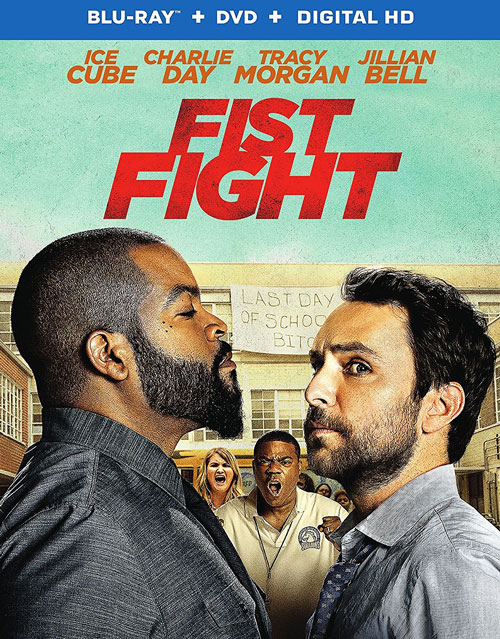
There’s nothing better than live communication with a woman you’re interested in. Thanks to modern technologies, the very concept of communication between men and women has changed dramatically with all kinds of easy tools like texting, video chat, etc. For many of us, this makes communicating with women that much easier. Texts and messaging ease the pressure of a phone call. It’s also simpler. You downloaded the messenger, press a few keys and everything is ready to go.
Still, there are some nuances to this type of communication that guys need to keep in mind. Check out some of the rules below for some guidance on how to communicate with her. You can also practice your skills on Eastern European girls on Yes Dates to master texting and messaging for good!
Flirt in a Messenger: The Basic Rules
Of course, these aren’t holy commandments but rather things to keep in mind. It also can depend who you are talking with.
1. Start the conversation naturally. Starting a conversation is the most difficult. At the first stage, your task is to overcome embarrassment and involve a person in a conversation. It is best to immediately find the reason for the conversation. For example, mention that you like her updated photo. If a a girl is interested in communicating with you, she will be happy to continue the conversation, but do not use very overly suggestive language.
2. Do not get carried away with greetings. Get past the greeting quickly and start a real conversation. If you feel that the conversation had a good start, go to the standard questions about work, study and everyday things.
3. Avoid monosyllabic answers. We mean those that can only be answered with “yes” or “no.” Construct the phrase differently. For example: “I saw you reposted this link. This is really an interesting topic. What attracted you to it?” Otherwise, you risk receiving the same monosyllabic answers. She’ll quickly get bored.
4. Do not complain about your problems. Do not tell a new friend about all your life’s troubles and difficulties – it will turn her off. On the contrary, show her that you are an interesting and energetic person. People do not like to listen to other people’s misfortunes because everyone has enough of them. You communicate in order to be distracted from everyday life and get pleasant emotions.
5. More joking. Nobody expects an incredible stand-up routine from you, but a little humor goes a long way. If you had a bad day, the best thing is to talk about it in a joking tone. That said, stay away from vulgar jokes. Remember that on the other side of the screen is someone you do not know. You can easily offend her with an inappropriate joke, and then, communication will cease before it ever really begins.
6. Use stickers. After you overcome the embarrassment, you can integrate stickers and emoticons into the conversation – this will give the conversation liveliness and variety. The main thing is not to overdo it. Almost all modern messengers have such a variety of stickers that you can express almost every emotion.
7. Finish the conversation first. Nothing is more intriguing than an unexpectedly interrupted conversation. Do this politely and she’ll be left wanting for more. You will achieve two goals at once: avoid embarrassment if the conversation slowly fades away and create some intrigue.
Final Note
Flirting by correspondence should be treated as a fun exercise, but be aware that it won’t always work. In this case, just gently curtail the conversation; if a person does not want to talk to you, do not impose yourself. In any case, there is always a chance that she was in a bad mood or just tired. You can always try again when you have something interesting or fun to say.














